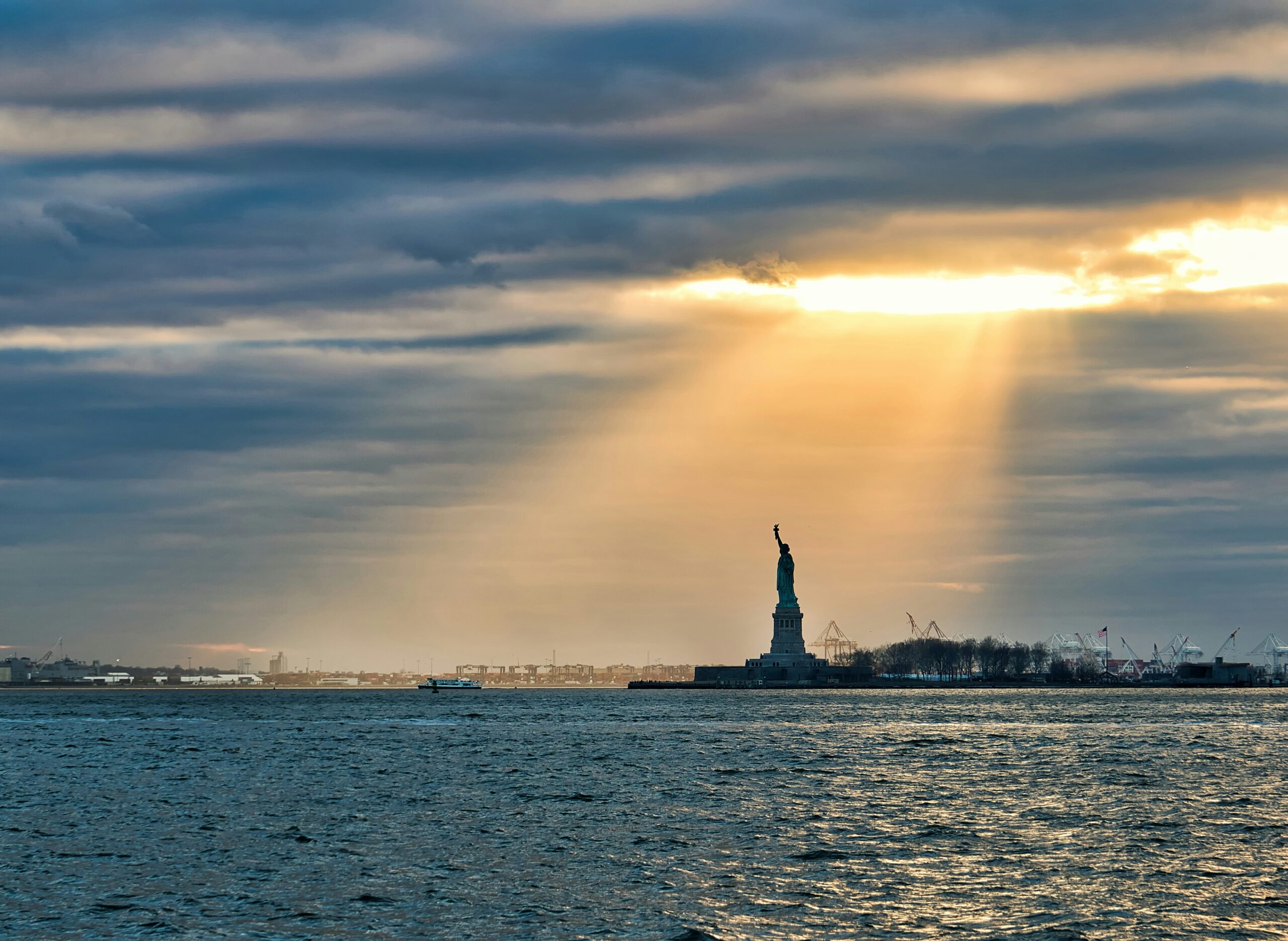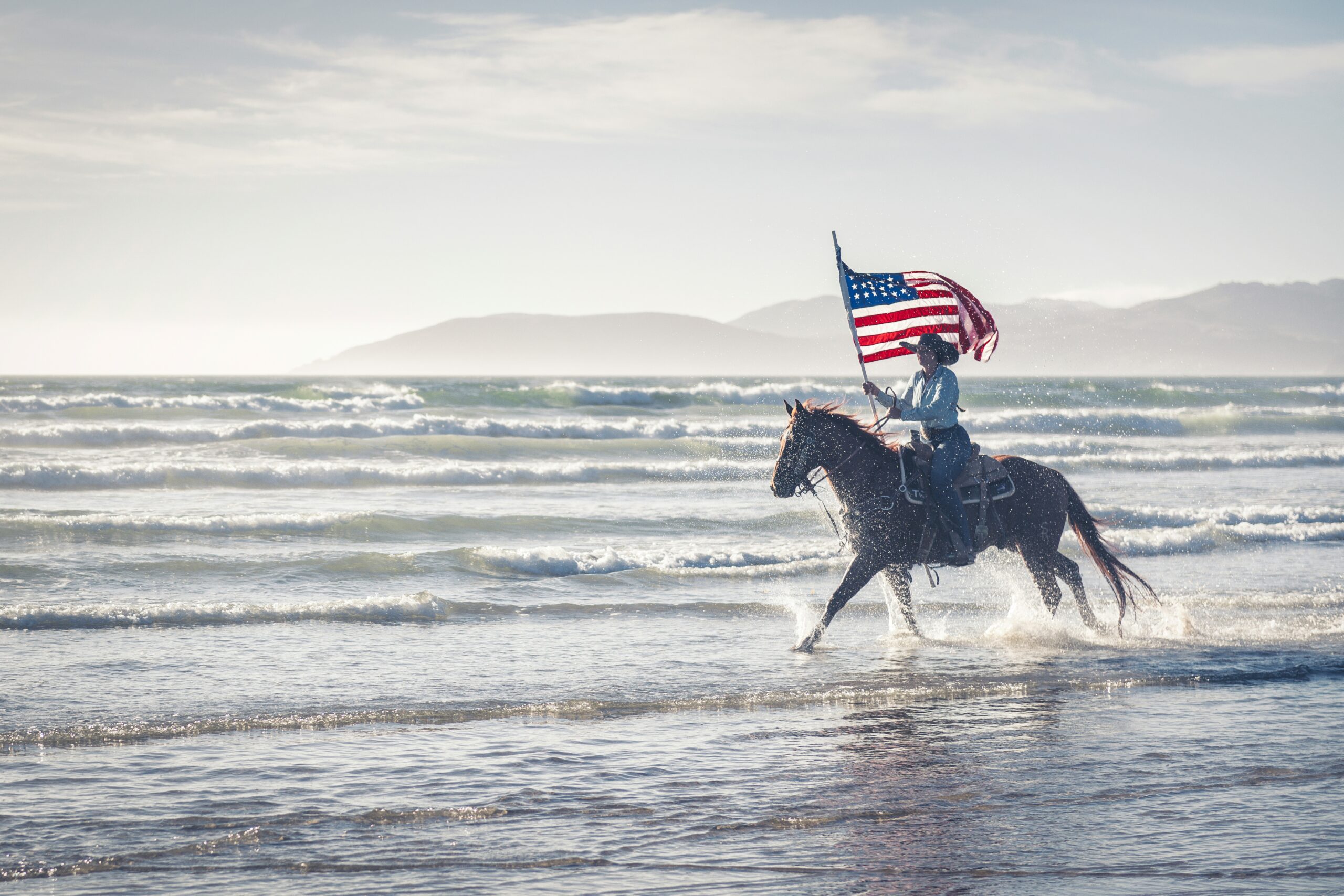William Bright, a fisherman in Virginia, feels that his constitutional rights have been violated after the National Marine Fisheries Service (NMFS) implemented measures to increase monitoring of fishing activity in order to prevent overfishing. Environmental groups have put pressure on NMFS to tighten its regulations, and fishermen such as Bright are feeling the effects. Ryan Moy, an attorney with the Cause of Action Institute, is representing Bright and other fishermen who feel their rights to privacy and protection from unreasonable searches have been infringed upon. This case is one of many in a larger debate over the balance between environmental protections and the livelihoods of those whose professions rely on resource harvesting.
Moy and other fishermen are challenging the agency’s interpretation of current laws, which they argue are being stretched beyond what is constitutionally allowable. The NMFS counters that they are acting within their authority to monitor and regulate fisheries in accordance with the Magnuson-Stevens Act, which mandates sustainable fishing practices. The crux of the dispute lies in the interpretation of what constitutes “reasonable” monitoring measures.
The Supreme Court is currently reviewing the case and is expected to make a decision in the coming months. The ramifications of this decision will have far-reaching effects on the fishing industry, as well as the relationship between government agencies and the public. If the Supreme Court rules in favor of the fishermen, it could curtail the government’s ability to increase monitoring and regulation of fishing practices.
Fishermen argue that increased monitoring is not only a violation of their privacy rights, but it is also expensive. Fishermen are required to pay for on-board monitoring and electronic tracking devices that can cost thousands of dollars. This added expense may make it more difficult for smaller fishermen to stay afloat in a market that is already highly competitive.
Furthermore, increased monitoring may have unintended consequences that could negatively impact the fishing industry. If certain species are caught in excess, additional regulations and restrictions could be imposed on fishing practices, which could further hurt fishermen and their communities. This has already happened in some areas where certain fish populations have been depleted, leading to drastic reductions in fishing quotas.
In conclusion, the outcome of the Supreme Court ruling could have a significant impact on the future of the fishing industry. If the ruling goes in favor of the fishermen, it could limit the government’s ability to increase monitoring and regulation of fishing practices. This would be a win for individual liberties, but some argue at the expense of sustainable fishing practices. On the other hand, if the ruling goes in favor of the NMFS, it could set a precedent for increased government surveillance in other industries. The balance between environmental protection and individual rights is a contentious issue, and this case is just one example of how difficult it can be to find a solution that works for all parties involved.
Check out the full episode here: https://podcasts.apple.com/us/podcast/american-potential/id1661043438?i=1000605441577









